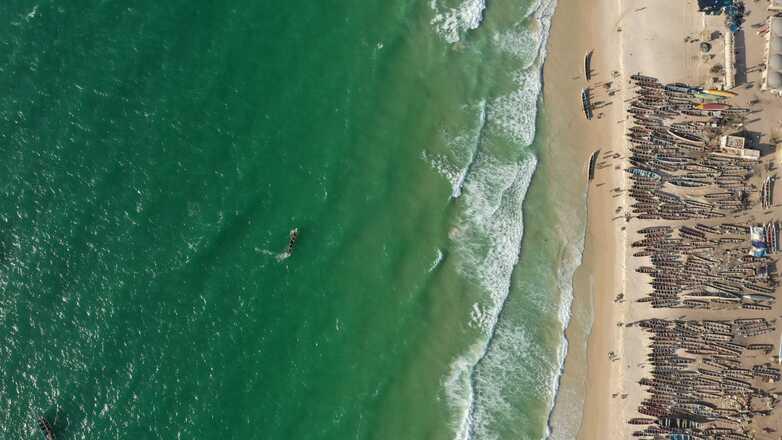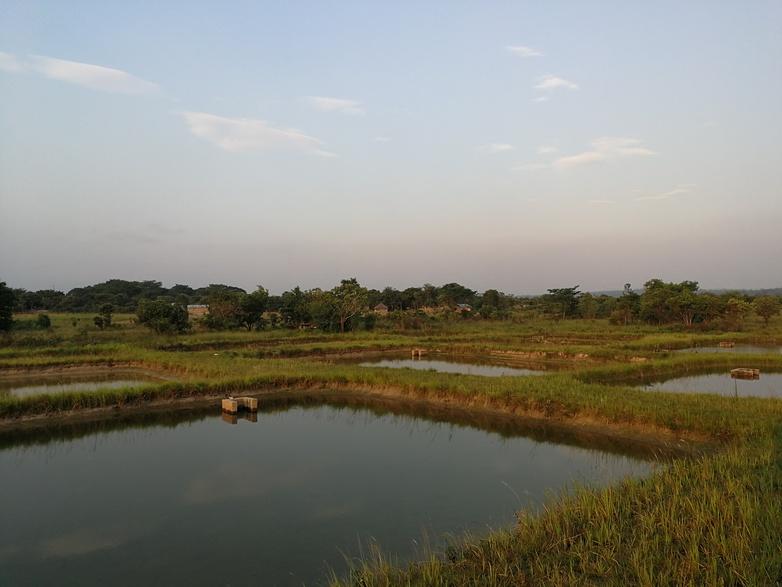Context
Fisheries and aquaculture provide a livelihood for 12 per cent of the world’s population, especially people in developing countries. Fish is an important source of micro-nutrients and provides one-fifth of the animal protein eaten by about 3.3 billion people. Since many fish stocks around the world have been fished to the limit of sustainability or beyond, promoting long-term responsible fisheries and aquaculture is essential from an environmental, scientific and social perspective.
Sustainable fisheries management that also regulates and supports local small-scale fisheries is still in its infancy in many developing countries. Legal, institutional and technical frameworks need to be strengthened so that fishery activities can be effectively regulated and controlled. This applies to both high seas and inland fisheries. International cooperation must design fishery partnership agreements and subsidies such that they do not further aggravate the overfishing of the oceans. Instead, they are to contribute to the sensible long-term development of the sector in the partner countries.
There is also a need for action in the introduction of social standards to certify environmentally and socially responsible fisheries and fish products.
Aquaculture is one of the fastest-growing food production branches in the world. In developing countries in particular, smallholder aquaculture is becoming increasingly important as a source of food and income. Guidelines on equitable access to natural resources and the sustainable use of these resources are required to promote smallholder aquaculture. Starting points include the transfer of knowledge and technology, certification and better integration of aquaculture into national economic and climate policies.
Objective
International fisheries policy creates incentives for the socially and environmentally acceptable use of fish. Small-scale fishers and fish farmers operate responsibly and contribute to food security, income generation and natural resource protection.

